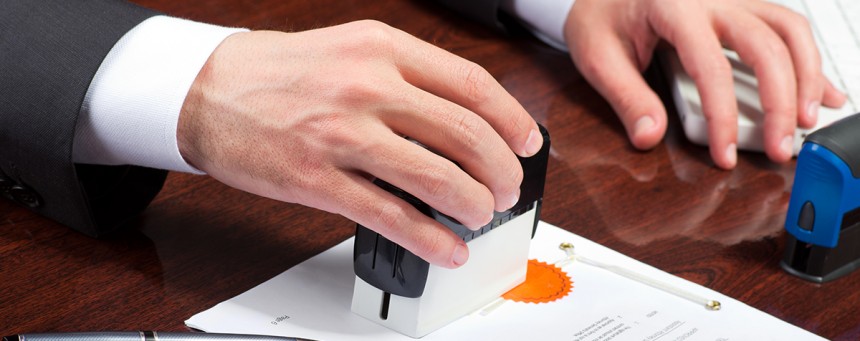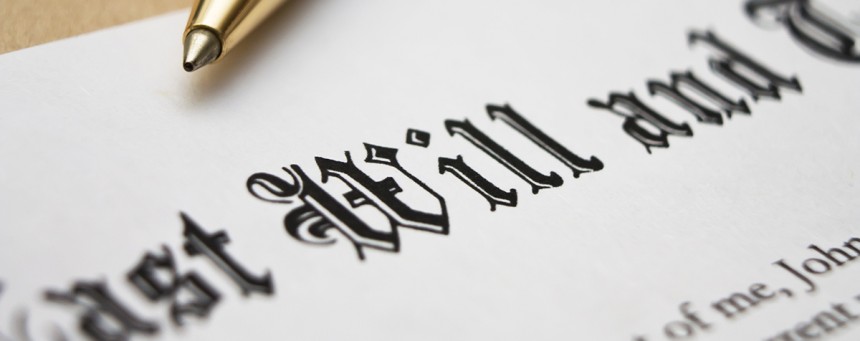A power of attorney is a legal document. When you give someone power of attorney you give him or her the legal power to take care of financial and legal matters for you. This might include paying bills, depositing or withdrawing money from your bank account, investing your money or selling your house.
The person you give this power to is called the attorney (in this case, attorney does not mean lawyer). You are called the adult.
Why Have a Power of Attorney?
There are many reasons people make a power of attorney. One reason is because they are physically unable to look after their affairs due to travel or injury.
Example: Anita is leaving the country to visit her grandchildren. She may be gone for a long time. She wants to give her niece the authority to pay her bills when she is away. Anita makes a power of attorney.
Another reason is in case they become “mentally incapable” due to illness, disease or accident.


